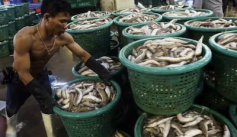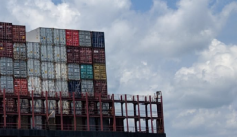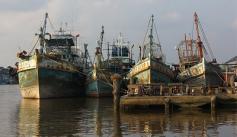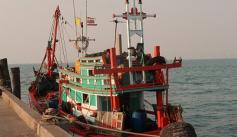Blog: Seafood
March 14, 2025
Seafood Working Group Tackles Forced Labor and Environmental Abuses in Asia and the Pacific
August 5, 2020
Improving Customs and Border Protection (CBP) Communications with Stakeholders Must Be A Two-Way Channel
June 26, 2020
COVID-19 Impact on Migrant Workers in Thailand
March 27, 2020
Put Workers at the Helm of Social Sustainability in Seafood
December 23, 2017
Pages
Browse blog by issue
- Child Labor (223)
- Forced Labor (35)
- Gender-Based Violence and Harassment (102)
- Health & Safety (38)
- Living Wage (18)
- 1 of 2
- next ›
Browse blog by country
- Bangladesh (39)
- Cambodia (3)
- Colombia (2)
- Cote d’Ivoire (7)
- Ghana (5)
- 1 of 4
- next ›
Blog archive
- March 2025 (2)
- February 2025 (1)
- October 2024 (1)
- August 2024 (1)
- June 2024 (1)
- March 2024 (1)
- February 2024 (1)
- September 2023 (2)
- March 2023 (2)
- February 2023 (1)
- 1 of 17
- next ›








